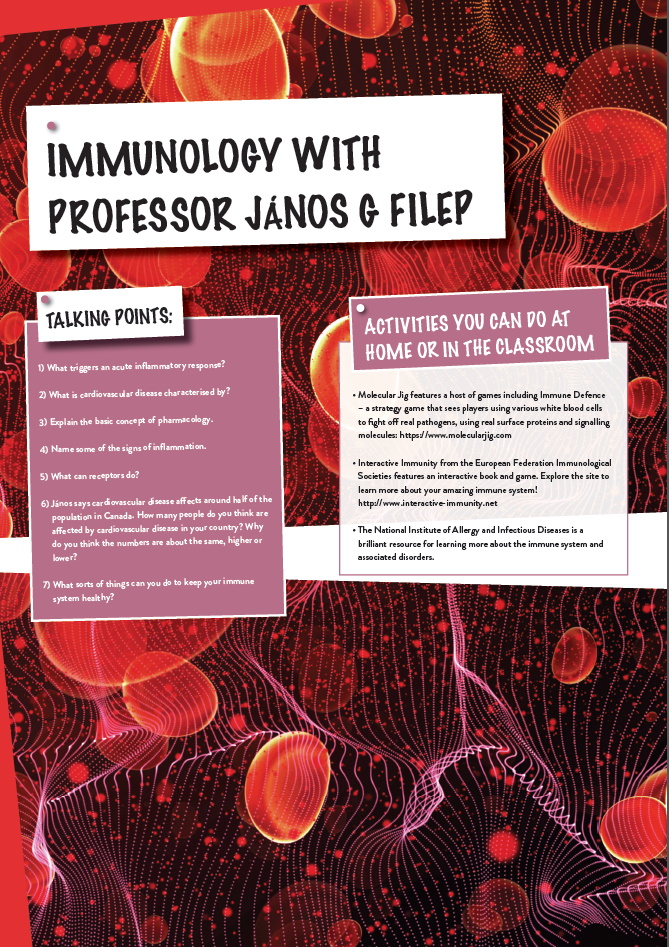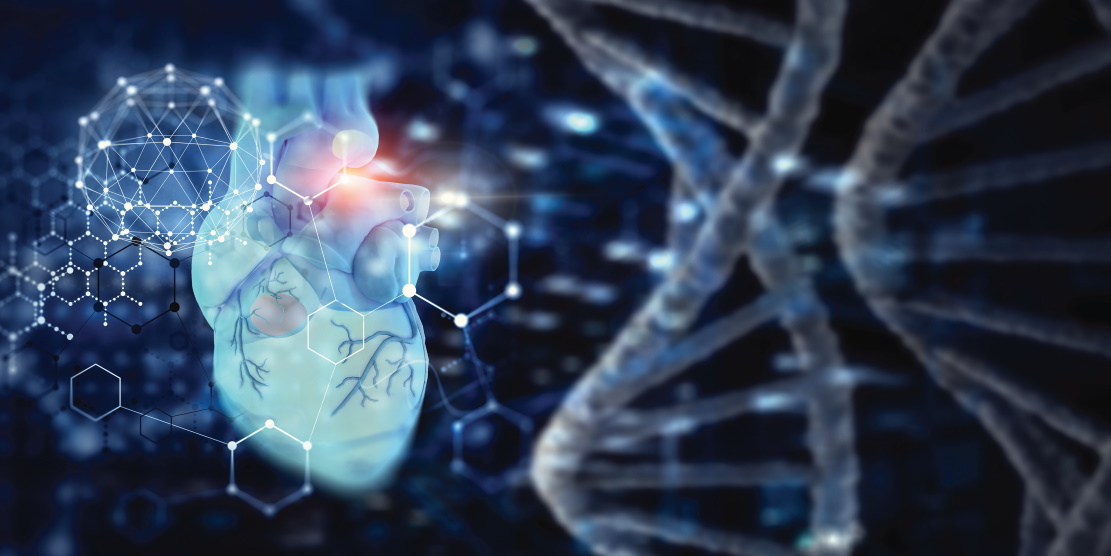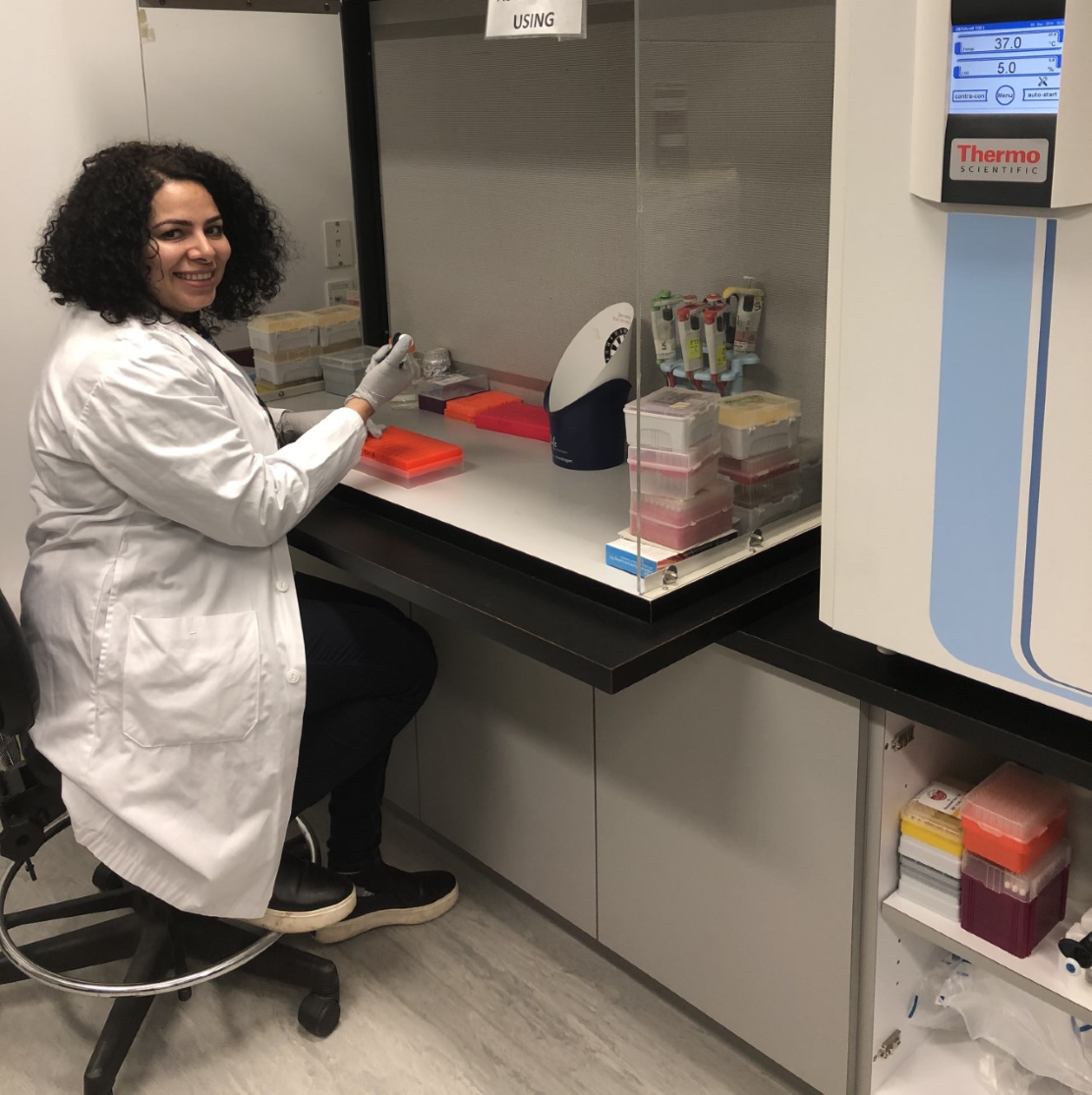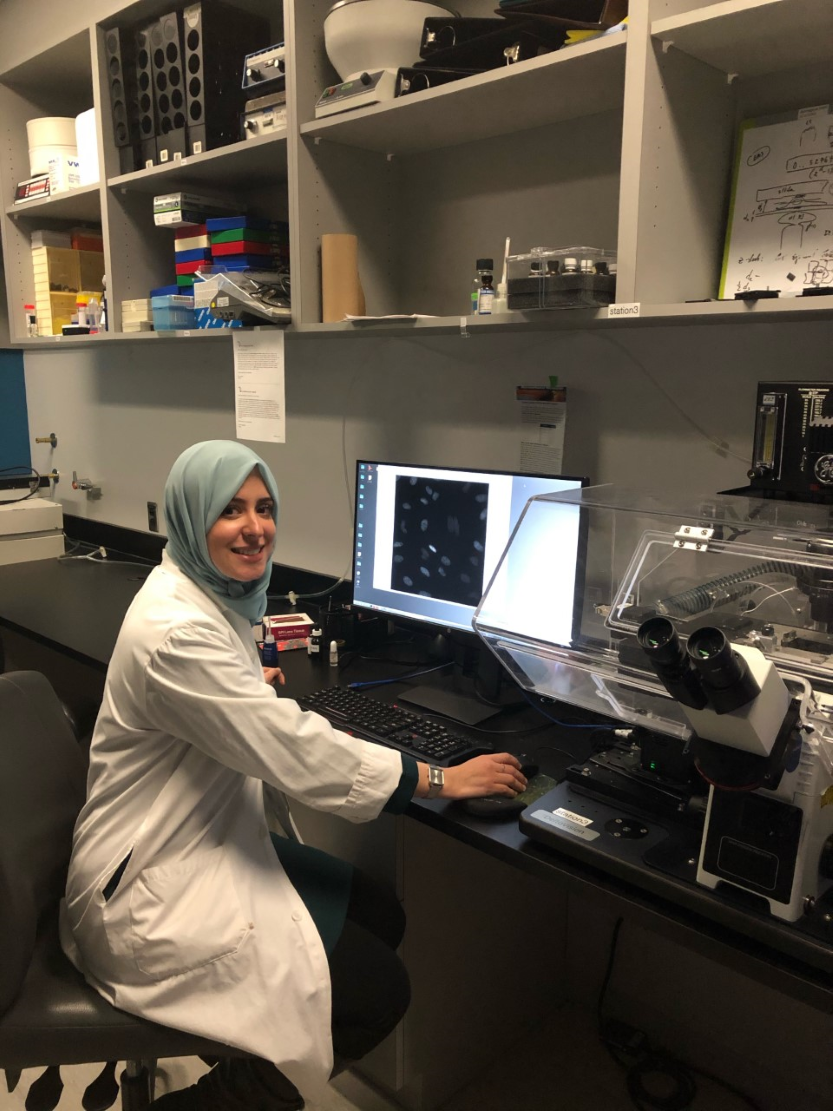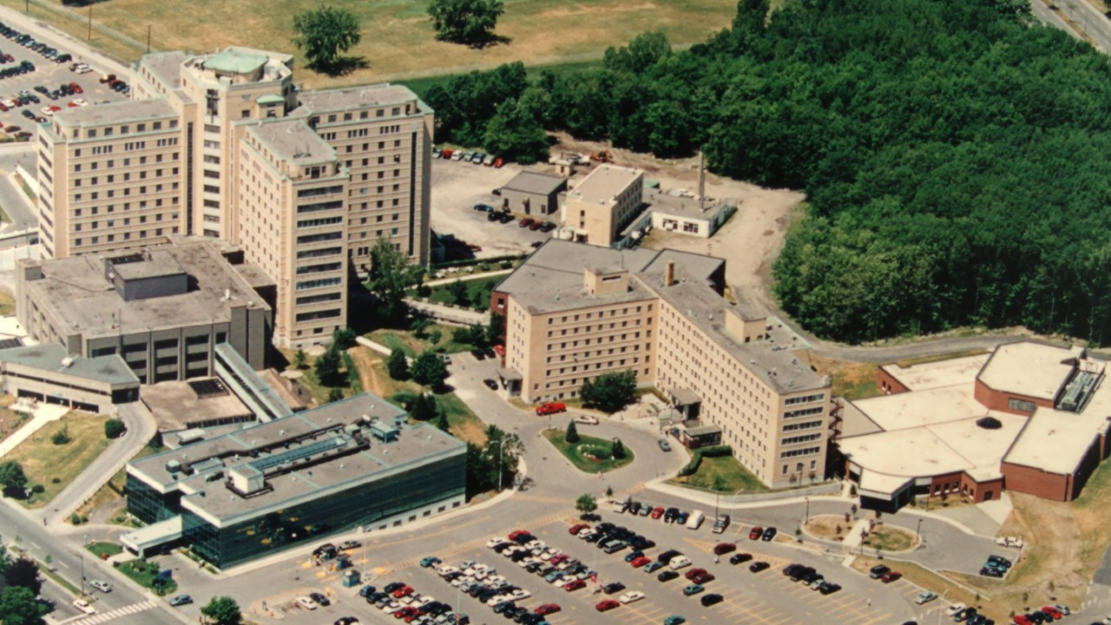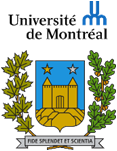Ensuring inflammation does more good than harm
Professor János G Filep is an immunologist based at the University of Montreal in Canada. His work is concerned with understanding the mechanisms of inflammation that occur in cardiovascular disease. The findings could lead to improved patient outcomes
The human body is a wonderful thing. It is an extraordinarily complex machine that is constantly working to ensure we can go about our daily lives unimpeded. Indeed, so effective is this mechanism, that it is easy to take for granted how much effort our bodies put in to protecting us against infections, viruses, diseases and a whole host of other potential invaders.
One of the ways in which the body protects itself against infection or injury is by triggering an acute inflammatory response. However, while the mechanisms of the inflammatory response are specifically designed to protect us against invading pathogens, sometimes they can inflict damage on our own tissues and actually do more harm than good. Certainly, ongoing (chronic) inflammation underlies most diseases.
Why might this be so? And can anything be done to prevent this from happening? Researchers from around the world are asking these very questions. Their aim is to resolve many of the issues associated with the inflammatory response, including Professor János G Filep, based in the Department of Pathology and Cell Biology at the University of Montreal Canada. He leads a team which is focused on inflammation that occurs in cardiovascular disease. The findings could have significant positive impacts on patient outcomes.
TALK LIKE AN IMMUNOLOGIST
RECEPTOR – A protein or glycoprotein that receives signals by binding to signalling molecules. These are often referred to as first messengers or ligands.
LIGAND – A small molecule that transmits signals in between or within cells. By binding to receptors, ligands can exert their effects.
LIPID – A molecule that yields high energy and has a chemical composition of carbon, hydrogen and oxygen. They are an important component of living cells.
PATHOGEN – A bacterium, virus or other microorganism that can cause disease.
WHAT IS THE INFLAMMATORY RESPONSE?
When the human body is affected by infection or injury, it triggers an acute inflammatory response with the aim of protecting itself. It is the immune system that is responsible for orchestrating the response – one that is similar irrespective of what triggered it. The signs of inflammation include swelling, redness of the inflamed area, warmth, pain and impaired function of the organ(s) affected.
When the inflammatory response works in the way we want it to, the invading pathogens are eliminated, and the infected or injured tissues are repaired. They then return to their normal function and we can live as we did prior to the attack – this is known as the resolution of inflammation. However, it is not always this straightforward. If the resolution is delayed, ongoing inflammation might actually damage the organ(s) it is trying to protect.
WHAT IS CARDIOVASCULAR DISEASE AND WHAT ROLE DOES INFLAMMATION PLAY?
Cardiovascular disease is a general term relating to conditions that affect the heart and/ or blood vessels. It is usually characterised by a build-up of fatty deposits inside the arteries (known as atherosclerosis) and an increased risk of blood clots. The fatty deposits lead to a reduced diameter of arteries which can trigger heart attacks or strokes. In another example, bacterial infections may cause arteries to relax, leading to a collapse in blood circulation. This is known as sepsis or septic shock.
The inflammatory response can also affect the arteries. “It appears that under some conditions our body ‘forgets’ how to turn off the inflammatory response. Investigating inflammation could help us to better understand why and how cardiovascular disease may arise as well as to identify novel targets for improving currently available treatments,” explains János. “This is of particular importance, for cardiovascular disease affects about half of the population in Canada, and sepsis, which is common among patients admitted to the intensive care unit, is associated with a very high death rate.”
WHAT ARE RECEPTORS?
Put simply, receptors are proteins that exist on the surface of, or inside, cells. They can recognise specific molecules (known as ligands) that are released by other cells or invading pathogens. When a ligand binds to its receptor, it triggers an activation of molecules inside the cell which then determine how a particular cell will respond to the ligand.
Because receptors are essentially responsible for determining the inflammatory response, they are of particular importance to János and his team. One in particular – the pleiotropic receptor named formyl-peptide receptor 2/ lipoxin receptor (FPR2/ALX) – is the focus of János’s investigations. This is because it plays a significant role in inflammation.
WHAT IS THE RECEPTOR’S ROLE IN THE INFLAMMATORY RESPONSE AND THEREFORE CARDIOVASCULAR DISEASE?
“The basic concept of pharmacology is that a ligand binds to its receptor and induces a response of the cell. An unusual feature of FPR2/ALX is that that it can bind a large number of different ligands, which instruct the cell to respond differently,” says János. “Among its ligands are peptides of bacterial origin, which trigger the acute inflammatory response, as well as lipids, such as lipoxins and resolvins, which are produced in our own body and function as a switch to turn off the inflammatory response and promote resolution.”
WHAT IS JÁNOS ULTIMATELY HOPING TO ACHIEVE THROUGH HIS RESEARCH?
By understanding how the FPR2/ALX receptor recognises different ligands, it could one day be possible to manipulate its response to specific ligands. This would lead to a means of preventing chronic inflammation and ensuring that the initial inflammatory response can be stopped once it has done its job. It would essentially get the best out of the inflammatory response and ensure that it always works its positive magic and refrains from doing more harm than good.
Reference
https://doi.org/10.33424/FUTURUM48
Maisonneuve-Rosemont Hospital in Canada
One of the ways in which the body protects itself against infection or injury is by triggering an acute inflammatory response. However, while the mechanisms of the inflammatory response are specifically designed to protect us against invading pathogens, sometimes they can inflict damage on our own tissues and actually do more harm than good. Certainly, ongoing (chronic) inflammation underlies most diseases.
Why might this be so? And can anything be done to prevent this from happening? Researchers from around the world are asking these very questions. Their aim is to resolve many of the issues associated with the inflammatory response, including Professor János G Filep, based in the Department of Pathology and Cell Biology at the University of Montreal Canada. He leads a team which is focused on inflammation that occurs in cardiovascular disease. The findings could have significant positive impacts on patient outcomes.
TALK LIKE AN IMMUNOLOGIST
RECEPTOR – A protein or glycoprotein that receives signals by binding to signalling molecules. These are often referred to as first messengers or ligands.
LIGAND – A small molecule that transmits signals in between or within cells. By binding to receptors, ligands can exert their effects.
LIPID – A molecule that yields high energy and has a chemical composition of carbon, hydrogen and oxygen. They are an important component of living cells.
PATHOGEN – A bacterium, virus or other microorganism that can cause disease.
WHAT IS THE INFLAMMATORY RESPONSE?
When the human body is affected by infection or injury, it triggers an acute inflammatory response with the aim of protecting itself. It is the immune system that is responsible for orchestrating the response – one that is similar irrespective of what triggered it. The signs of inflammation include swelling, redness of the inflamed area, warmth, pain and impaired function of the organ(s) affected.
When the inflammatory response works in the way we want it to, the invading pathogens are eliminated, and the infected or injured tissues are repaired. They then return to their normal function and we can live as we did prior to the attack – this is known as the resolution of inflammation. However, it is not always this straightforward. If the resolution is delayed, ongoing inflammation might actually damage the organ(s) it is trying to protect.
WHAT IS CARDIOVASCULAR DISEASE AND WHAT ROLE DOES INFLAMMATION PLAY?
Cardiovascular disease is a general term relating to conditions that affect the heart and/ or blood vessels. It is usually characterised by a build-up of fatty deposits inside the arteries (known as atherosclerosis) and an increased risk of blood clots. The fatty deposits lead to a reduced diameter of arteries which can trigger heart attacks or strokes. In another example, bacterial infections may cause arteries to relax, leading to a collapse in blood circulation. This is known as sepsis or septic shock.
The inflammatory response can also affect the arteries. “It appears that under some conditions our body ‘forgets’ how to turn off the inflammatory response. Investigating inflammation could help us to better understand why and how cardiovascular disease may arise as well as to identify novel targets for improving currently available treatments,” explains János. “This is of particular importance, for cardiovascular disease affects about half of the population in Canada, and sepsis, which is common among patients admitted to the intensive care unit, is associated with a very high death rate.”
WHAT ARE RECEPTORS?
Put simply, receptors are proteins that exist on the surface of, or inside, cells. They can recognise specific molecules (known as ligands) that are released by other cells or invading pathogens. When a ligand binds to its receptor, it triggers an activation of molecules inside the cell which then determine how a particular cell will respond to the ligand.
Because receptors are essentially responsible for determining the inflammatory response, they are of particular importance to János and his team. One in particular – the pleiotropic receptor named formyl-peptide receptor 2/ lipoxin receptor (FPR2/ALX) – is the focus of János’s investigations. This is because it plays a significant role in inflammation.
WHAT IS THE RECEPTOR’S ROLE IN THE INFLAMMATORY RESPONSE AND THEREFORE CARDIOVASCULAR DISEASE?
“The basic concept of pharmacology is that a ligand binds to its receptor and induces a response of the cell. An unusual feature of FPR2/ALX is that that it can bind a large number of different ligands, which instruct the cell to respond differently,” says János. “Among its ligands are peptides of bacterial origin, which trigger the acute inflammatory response, as well as lipids, such as lipoxins and resolvins, which are produced in our own body and function as a switch to turn off the inflammatory response and promote resolution.”
WHAT IS JÁNOS ULTIMATELY HOPING TO ACHIEVE THROUGH HIS RESEARCH?
By understanding how the FPR2/ALX receptor recognises different ligands, it could one day be possible to manipulate its response to specific ligands. This would lead to a means of preventing chronic inflammation and ensuring that the initial inflammatory response can be stopped once it has done its job. It would essentially get the best out of the inflammatory response and ensure that it always works its positive magic and refrains from doing more harm than good.
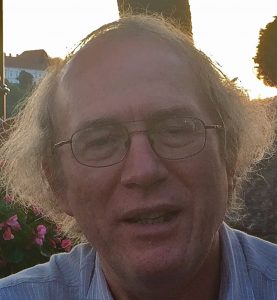 PROFESSOR JÁNOS G FILEP
PROFESSOR JÁNOS G FILEP
Department of Pathology and Cell Biology
Faculty of Medicine
University of Montreal, Canada
FIELD OF RESEARCH: Immunology
RESEARCH PROJECT: János is investigating the regulation of leukocyte functions through the pleiotropic receptor formyl-peptide receptor 2/lipoxin receptor (FPR2/ALX). The findings will significantly advance understanding of how FPR2/ALX integrates opposing cues that governthe function and fate of neutrophilgranulocytes and, consequently, the outcome of inflammation.
FUNDERS: Natural Sciences and Engineering Research Council of Canada, Canadian Institutes of Health Research
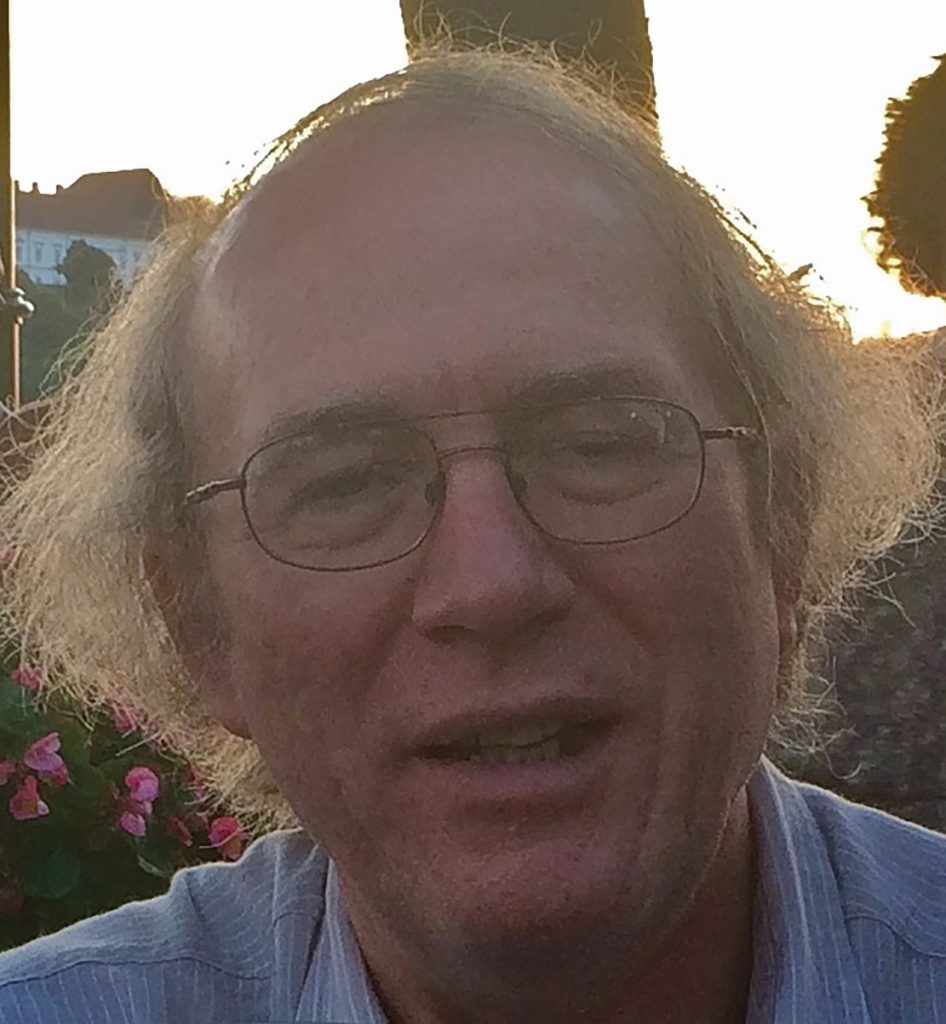 PROFESSOR JÁNOS G FILEP
PROFESSOR JÁNOS G FILEP
Department of Pathology and Cell Biology
Faculty of Medicine
University of Montreal, Canada
FIELD OF RESEARCH: Immunology
RESEARCH PROJECT: János is investigating the regulation of leukocyte functions through the pleiotropic receptor formyl-peptide receptor 2/lipoxin receptor (FPR2/ALX). The findings will significantly advance understanding of how FPR2/ALX integrates opposing cues that governthe function and fate of neutrophilgranulocytes and, consequently, the outcome of inflammation.
FUNDERS: Natural Sciences and Engineering Research Council of Canada, Canadian Institutes of Health Research
ABOUT IMMUNOLOGY
According to The Immunology of Cardiovascular Homeostasis and Pathology, cardiovascular immunology is a newly emerging research area. It brings together cardiovascular biology and immunology to explore how immune cells contribute to the regulation of function of blood vessels. For instance, atherosclerosis (which is the hardening of the arteries), is now widely considered as a chronic inflammatory disease. It is also known that the disturbed function of the immune system underlies the progression of sepsis to septic shock, which is a life-threatening condition.
SHOULD I CONSIDER A CAREER IN IMMUNOLOGY?
Because the immune system checks and assures our identity at the cellular level, its proper functioning is essential for our well-being. In contrast, any impaired or imbalanced function of the immune system underlies a large number of different diseases. With that in mind, anyone interested in a career in immunology should consider that a solid knowledge of immunology will open many avenues of research and has applicability to most diseases. Targeting the immune system or inflammation for developing novel treatments for cardiovascular diseases or cancer is a fascinating way to bring results from basic medical research to the clinical setting such as hospitals. By becoming involved in immunology, you could make a real difference to the lives of people around the world.
ARE THERE MANY OPPORTUNITIES IN IMMUNOLOGY IN CANADA?
Yes, there are many opportunities in immunology in Canada and elsewhere. However, because jobs or academic positions in immunology are likely limited in number, you should consider other opportunities where knowledge in immunology can be applied and expertise in immunology is considered as an advantage to the research area.
DO YOU NEED A DEGREE IN IMMUNOLOGY TO WORK IN THE FIELD?
Not necessarily. Cardiovascular immunology is seldom part of the university immunology programmes. In addition to medical schools, many other university programmes include courses in immunology. A strong background (and degree) in biochemistry, cell biology, molecular biology, pharmacology or cardiovascular biology will all be equally useful to work in this area.
WHICH SUBJECTS SHOULD STUDENTS TAKE AT SCHOOL, COLLEGE AND UNIVERSITY TO BECOME AN IMMUNOLOGIST?
There are many ways to become an immunologist. At school and college, science classes are an obvious choice to develop your knowledge base, analytical skills and, perhaps most importantly, to become a critical thinker. At university, medical school is a good choice if you are interested in the care of patients. Perhaps the most direct way is to be enrolled in studying microbiology and immunology in undergraduate and then graduate studies. However, studying other subjects (e.g. biochemistry, molecular biology or pharmacology) at undergraduate level may give you a different perspective should you decide to pursue your graduate studies in immunology.
• According to Canada’s Higher Education & Career Guide, people with a degree in immunology can work in a variety of settings, or use it to enter into other programmes, such as drug development.
• The excellent About Bioscience website lists typical immunologists’ salaries as ranging from CAD$65,000 to more than CAD$260,000 per year.
• The American Association of Immunologists fosters and promotes the central ideas behind immunology. Read through the website to learn more about job opportunities and courses in immunology.
PATHWAY FROM SCHOOL TO IMMUNOLOGY
At school and college, take:
Biology
Chemistry
Physics
Mathematics
Psychology
Study for a degree in medicine, microbiology, immunology, biochemistry, molecular biology or pharmacology at university.
HOW DID PROF JÁNOS FILEP BECOME AN IMMUNOLOGIST?
WHAT DID YOU DREAM OF DOING WHEN YOU WERE YOUNGER?
I have had many interests when I was a teenager, but mathematics and physics were my favourites. I wasn’t massively interested in biology when I was younger! I always dreamt of becoming a researcher when I applied for medical school. I decided to choose medicine because it was the field that satisfied most of my interests in one.
HOW DID YOU COME TO STUDY IMMUNOLOGY?
I first studied immunology as part of classes during medical school. Since immunology was different in those days, it is a process of continual learning. Even today, I try to learn as much as I can by reading and talking to my colleagues.
YOU HAVE WON MANY PRIZES, INCLUDING RECOGNITION AS ONE OF THE ‘GREAT MINDS OF THE 21ST CENTURY’. IS THERE ANYTHING YOU’RE NOT SO GOOD AT?
Oh, this should be a long list! I wish I were better at understanding biochemistry and working more efficiently, just to mention a few.
WHAT DO YOU LOVE MOST ABOUT THE WORK YOU DO?
The freedom to work on any topics I feel like doing (provided we can secure funding for our research). I also love interacting with like-minded, motivated people (both colleagues and trainees). The intellectual challenge and making contributions to our knowledge is also of great appeal. Last, but not least, I also hope that our research may provide a rational basis for the development of innovative therapies for improving the life of people with cardiovascular (and other) diseases.
FINALLY, WHO DO YOU ADMIRE MOST IN THE WORLD?
In general, I admire those people who deliver high quality work regardless of what they are doing. In science, I admire those who are not afraid of challenging current concepts, which leads to opening new frontiers. In my personal life, it is my daughter who became a statistician.
JÁNOS’S TOP TIPS
01 Follow your dreams and never give up – even when you encounter difficulties. Not everything can be expected to go perfect all the time, so it is important you keep that in mind always. You should be able to learn from your failures just as much as your successes.
02 Perhaps the most useful piece of advice I have ever received is that when you have finished your work for the day, you should think about what you can do better the next time. I encourage everyone reading this to adopt this practice!
03 One of my favourite quotes is from the writer Kurt Vonnegut. He said, “Just because some of us can read and write and do a little math, it doesn’t mean we deserve to conquer the universe.” It is a sentiment with deep meaning.


